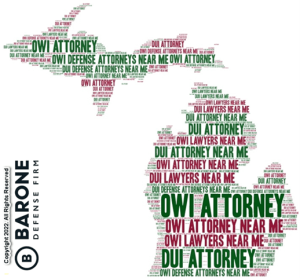Search
Is it Unlawful to Operate a Drone While Intoxicated?
Yes, it may be unlawful to operate a drone while intoxicated at the federal level, and may soon be unlawful at the state level as well.
However, the punishment varies depending on the specific law violated. As drones become more common and more popular, some states are looking at drafting laws that will impose criminal consequences, including the possibility of jail, for operating a drone while intoxicated. An example of this is the New Jersey law that was introduced in June 2017, and that passed both houses on January 10, 2018. The law is expected to be signed into law. The punishment for a violation of the New Jersey statute is up to six months in prison or a $1,000 fine.
The text of the New Jersey law first sets forth the definition of the word ‘Operate,” as meaning “to fly, control, direct, or program the flight of an unmanned aircraft system.” Relative to alcohol, the statute makes droning while intoxicated unlawful, and indicates specifically:
 Michigan Criminal Defense Lawyer Blog
Michigan Criminal Defense Lawyer Blog


